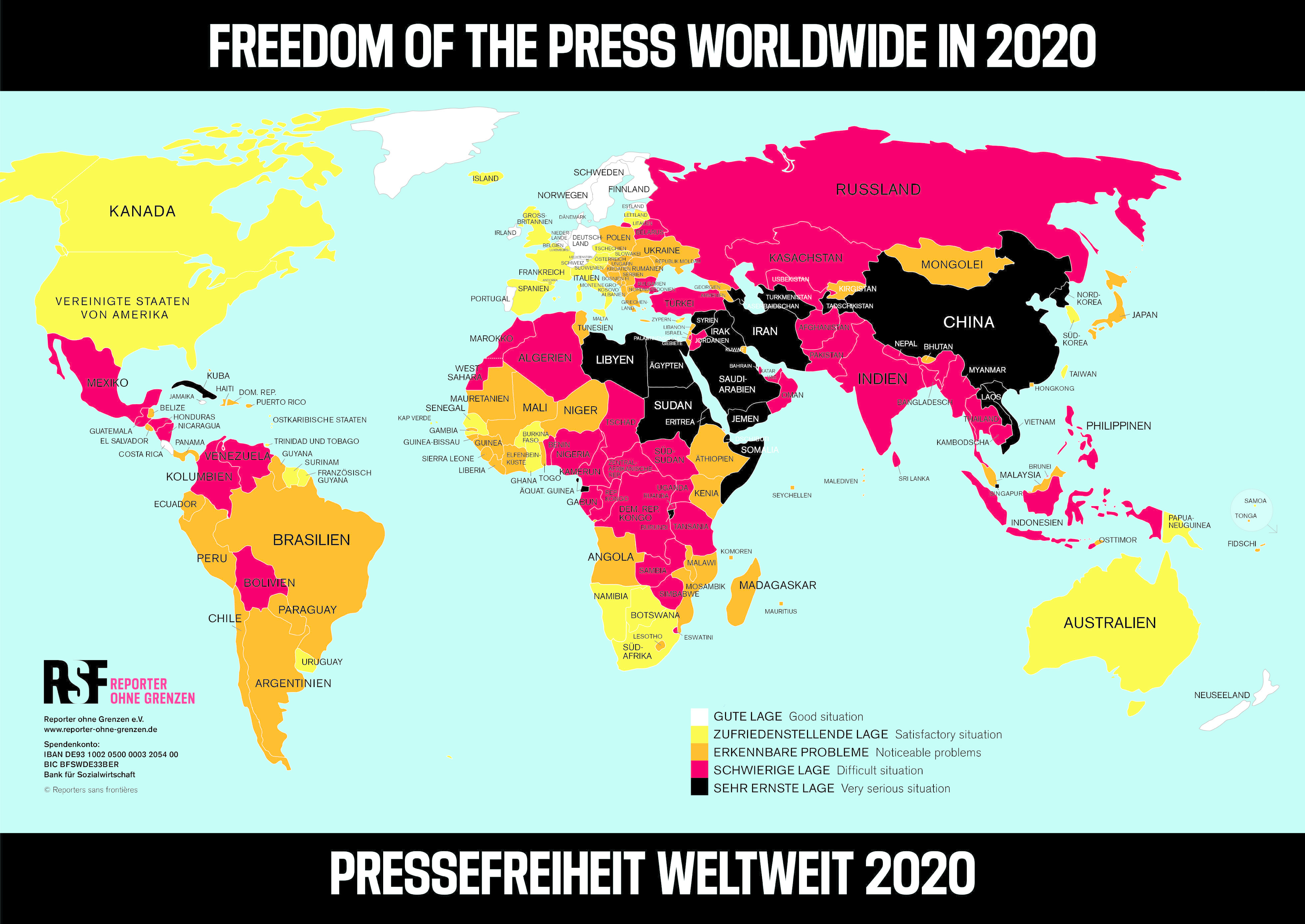One survey found only 13% of Japanese employees working from home amid coronavirus pandemic
Her face masked and her body tense, Nanami Fujiwara steps aboard the morning train to downtown Tokyo.
She glances nervously at the commuter car, half-filled with men in suits and women dressed for the office. Not everyone's face is covered.
"It's scary," she said. "I don't want to ride here and I don't want to go to my company."
Like many in Japan, she's afraid of getting infected with the coronavirus. But when it comes to work, Fujiwara has no choice.
Three days a week, her employers expect her to be at her desk, designing for a firm that builds air conditioning systems. She asked to work from home. They said no.
"Bosses want to physically watch over their subordinates," Fujiwara said. "It's just tradition."
Surge in infections
Never mind that Japan is in the middle of a
national state of emergency where everyone is requested to stay home and businesses are expected to close or scale back. There's no real system of enforcement.
Tokyo is experiencing a surge in coronavirus infections that has seen confirmed COVID-19 cases almost triple in the past three weeks, to more than 4,000, and deaths rose to more than 100. Hospital intensive care units and acute care beds are almost all full.
For many companies and their employees, Japan's rigidly prescribed work culture simply trumps all else. It's one of several distinct social characteristics constraining the country's response to the pandemic.
That's aside from the financial pressures. Many businesses have been reluctant to shut because of lost profits, despite a government support program worth some $1.6 trillion Cdn. A common complaint from stores and smaller companies is that the program is poorly targeted and hard to access.
'We're not a very flexible people'
People have adjusted some daily routines. A poll by newspaper The Mainichi shortly after the state of emergency was announced found that
86 per cent of respondents were "engaging in greater self-restraint" in some of their activities.
Tokyo's subway system has reported a ridership drop of around 60 per cent and a major Japan Railways commuter line into the city has almost 70 per cent fewer passengers.
But some things have proven hard to change.
"We're not a very flexible people," said Hiroshi Ono, a professor of human resources management at Tokyo's Hitotsubashi University, who specializes in Japan's work culture. "There's only one way to do things here.
"Work has to be done at the company and during certain hours, learning has to take place at school, doctor visits at the hospital."
Any other way is simply "mind boggling," he said.
Only 13% of Japanese employees working from home
This culture has long been an integral part of Japan's traditional system of employment, where work hours are among the longest in the world and allegiance to companies like Toyota or Mitsubishi is part of an unwritten contract: the company takes care of you and your family, you devote your life to the company.
Not coming to work — even during a pandemic — shows "a sign of weakness, a lack of commitment and loyalty," said Ono.
When the coronavirus hit, some major companies in Japan, including its big carmakers, shut down factories and sent employees home. But most mid-sized companies have not.
An online survey of 20,000 people by Japan's Persol Research Institute in mid-March found that only 13 per cent of Japanese employees were working from home, with almost 40 per cent reporting that the company "does not allow" teleworking. A further 41 per cent said the technology for working outside the office simply doesn't exist.
By comparison, Statistics Canada reported that
almost 40 per cent of Canadians were working from home during the week of March 22.
While Japan may have a reputation for high-tech prowess — fast internet connections and robots that serve meals in restaurants or take care of seniors — many business practices are stuck in the last century.
For instance, corporate legal documents still require the red ink of a company's "hanko" stamp — the equivalent of a signature — which means someone has to be physically present at work to pull it out of a drawer and apply it. No electronic signatures allowed.
Pandemic response has been slowed by many of these "inefficiencies," said Ono.
Virus a 'blessing in disguise'
But he calls the coronavirus a "blessing in disguise" because it is exposing many problems Japan has been slow in fixing, such as overwork, excessive bureaucracy and the hanko stamp system, which is now being reviewed by government.
For now though, these obstacles to physical distancing are also causing resentment, not only among workers like Fujiwara, but among small business owners who have shut down in response to government requests.
Koichi Sei closed his bar more than a month ago, but now watches larger firms carrying on. The larger firms may fear losing money, he said, but he already risks going under.
"If everyone at the big companies is still commuting and taking the trains to work, it's meaningless," and his small business will be "sacrificed" for nothing, he said.
Afraid to lose face
Medical experts also complain about Tokyo's slow response to shifting circumstances, rooted in cultural reticence to lose face.
"Traditionally and historically, Japan is not very good at changing the strategy," said Kentaro Iwata, an infectious disease expert at Kobe University. Even "thinking of a Plan B is a sign of the failure of Plan A," he said

www.deutschlandfunk.de

www.deutschlandfunk.de







